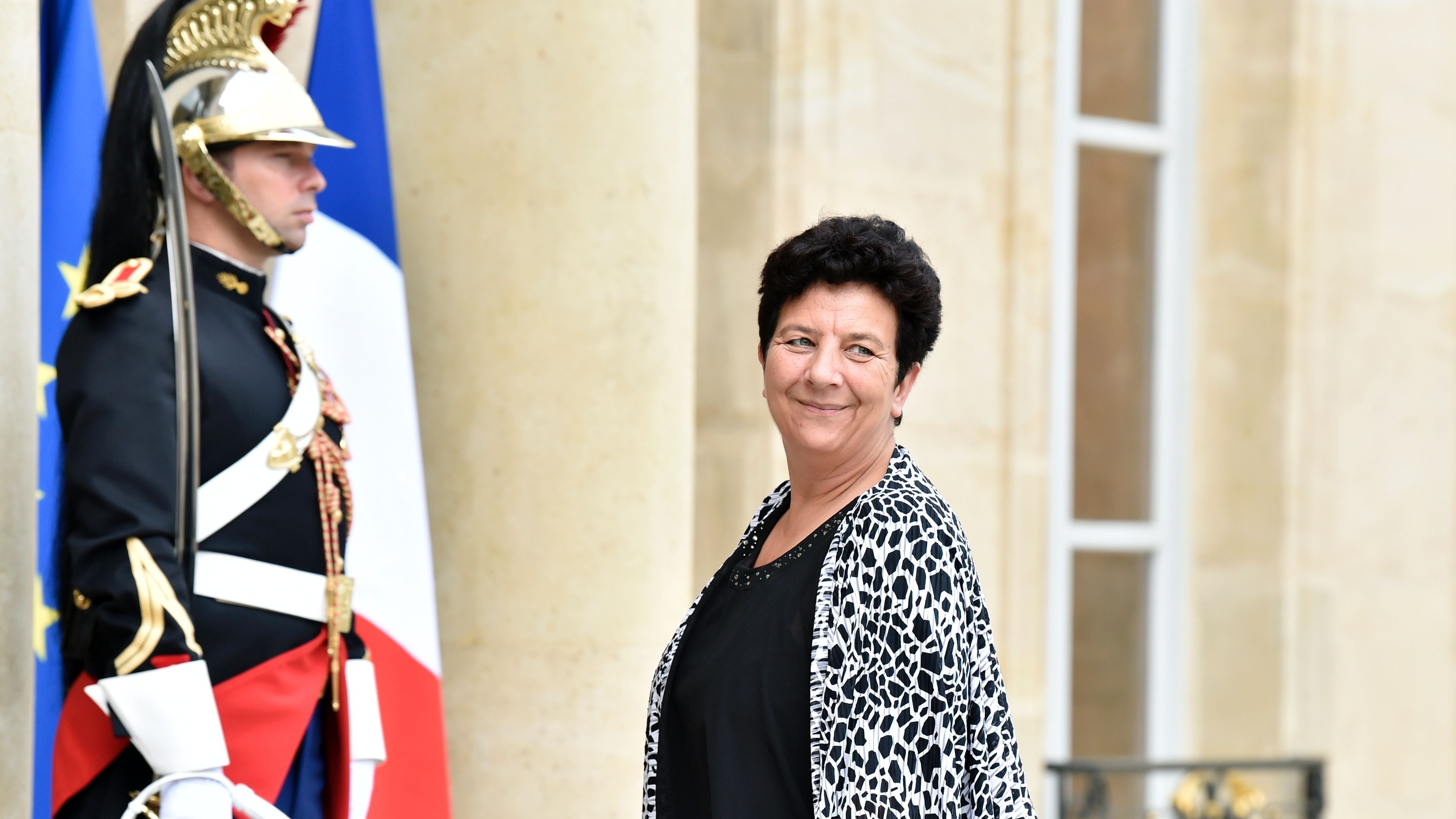French academics clash with minister over ‘Islamo-leftism’ inquiry
Row over allegations of extremism in universities stokes growing culture war

A free daily email with the biggest news stories of the day – and the best features from TheWeek.com
You are now subscribed
Your newsletter sign-up was successful
More than 600 academics have called for France’s higher education minister to resign after she ordered an inquiry into claims that “woke” activists were helping to promote “Islamo-leftism” in universities.
The academics, who include top economist Thomas Piketty, have accused Frederique Vidal “of slandering the country’s intellectuals”, The Times reports. In an open letter published in Le Monde newspaper, they also compare the minister’s stance to those of populist leaders such as Brazil’s Jair Bolsonaro, Hungary’s Viktor Orban and Poland’s Andrzej Duda.
What is ‘Islamo-leftism’?
The Week
Escape your echo chamber. Get the facts behind the news, plus analysis from multiple perspectives.

Sign up for The Week's Free Newsletters
From our morning news briefing to a weekly Good News Newsletter, get the best of The Week delivered directly to your inbox.
From our morning news briefing to a weekly Good News Newsletter, get the best of The Week delivered directly to your inbox.
Vidal has claimed that universities are being influenced by the “gangrene” of Islamo-leftism - her term to describe left-wing people who she claims excuse Islamist extremism because Muslims are a persecuted minority in France.
After asking the National Centre for Scientific Research (CNRS) to investigate the alleged influence of Islamo-leftism in universities, Vidal told Sunday paper Le Journal du Dimanche that her aim was to distinguish between genuine research and “those who use this work to carry an ideology and to nourish activism”.
She also argued on French TV channel CNews that left-wing academics are “always looking at everything through the prism of their will to divide, to fracture, to pinpoint the enemy”.
Her comments have been met with “plenty of criticism” from universities and left-wing parties, reports Politico.
A free daily email with the biggest news stories of the day – and the best features from TheWeek.com
And even Vidal has acknowledged that the inquiry poses challenges. “Islamo-leftism has no scientific definition,” she told Le Journal du Dimanche, “but it corresponds to a feeling of our fellow citizens, first of all, and to a certain number of facts, too.”
What will happen next?
Despite being tasked with leading the investigation, the CNRS has also described the term Islamo-leftism as a “political slogan that fits no scientific reality”.
But while the inquiry may prove to be a non-starter, the “seemingly esoteric fight over social science theories” points to “a larger culture war in France”, says The New York Times.
As the paper notes, “France that has been punctuated in the past year by mass protests over racism and police violence, competing visions of feminism, and explosive debates over Islam and Islamism”.
President Emmanuel Macron also triggered fury and boycotts of French products across the Muslim world last year by pushing for a crackdown on radical Islam following the beheading of Samuel Paty. The teacher was murdered near his school in Paris after showing cartoons of the Prophet Mohammed to pupils during a class about freedom of speech.
Vidal argues that Islamo-leftism represents an “attack on academic freedom and freedom of expression in general” and that “we can’t let that go, even if it’s very much a minority”.
Chas Newkey-Burden has been part of The Week Digital team for more than a decade and a journalist for 25 years, starting out on the irreverent football weekly 90 Minutes, before moving to lifestyle magazines Loaded and Attitude. He was a columnist for The Big Issue and landed a world exclusive with David Beckham that became the weekly magazine’s bestselling issue. He now writes regularly for The Guardian, The Telegraph, The Independent, Metro, FourFourTwo and the i new site. He is also the author of a number of non-fiction books.